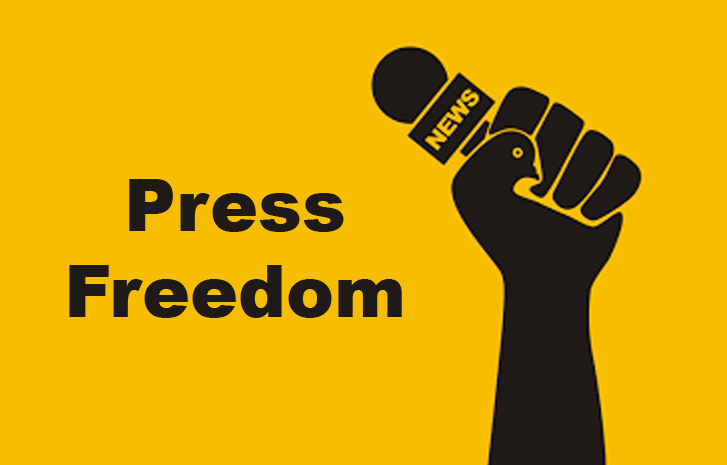Free journalism and the smooth exchange of information are essential for every democracy. The murder of Daphne Caruana Galizia has shown that free journalism is under threat in Malta. The public inquiry found that the government is responsible for these threats. Every reform that needs to be carried out, and which is now long overdue, must be there to stop the threats of the government, not to increase them.
The Prime Minister’s comments, aimed at dispelling the hope created by the President of Malta’s speech, threaten those who want Malta to have freedom of the press with more “regulation” which is another word for more government interference in free journalism.
The Prime Minister combines the concept of a “pillar of democracy” with a “branch of government” and says that if journalism is recognised as a “pillar of democracy” then it has to undergo checks and balances like the other pillars. No one proposes that free journalism becomes a government branch. And no one is proposing any constitutional changes that would mean any new powers for journalism. For as long we have been a democracy, we should have always had free journalism.
This is why we underline what President Myriam Spiteri Debono said a week ago. “The media is the fourth pillar in the functioning of democracy.” Constitutional changes can only acknowledge that fact, not create it from nothing. Free media is by definition a check and balance for government power.
What is needed, and which we do not have, is a constitutional guarantee that the government respects its democratic obligations and protects freedom of speech. What is needed are constitutional and legal restrictions that we did not have when due to the government’s behaviour a journalist was killed because of her work.
What should happen is well documented in the public inquiry report which has been public since July 2021.
The government should be transparent and stop hindering freedom of information. The government should dismantle its control over public broadcasting. The government should lose its control over the discriminatory spending of public money in the media. The government should stop using its means, including means of the ruling party, to intimidate and threaten journalists. Parliament should legislate against SLAPP cases, even those originating in Malta itself.
Secrecy of political party funding should be removed (and their companies, in particular media undertakings). Relations between ministers and traders should be regulated by law for the sake of transparency. Lobbying should be regulated. Those who have more money than they can show where they got it from should be taken away from them. It should be an offence for a public officer to obstruct justice or abuse power. We should have a law against the Mafia.
These are the recommendations of the public inquiry following the murder of Daphne Caruana Galizia. These reforms have not yet been implemented because Robert Abela’s government did not want to implement them. And to this day he has not started consultation on at least one of these reforms.
Instead, he is now threatening new regulation to control journalists even more.
President Myriam Spiteri Debono recalled a week ago that “we should not forget, however, that much remains to be done with regard to the recommendations emerging from the inquiry into the murder of Daphne Caruana Galizia.” The Prime Minister’s comments yesterday reminded us why nothing has yet been done.




